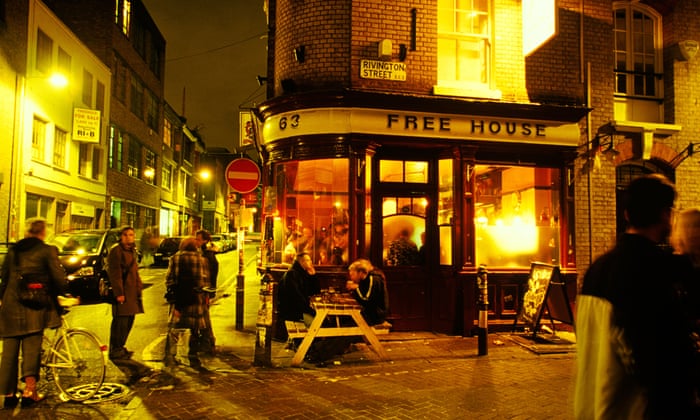Canadians Recording High Drug, Alcohol Consumption
"It's not a surprise. We sit high for drug and alcohol use in a lot of these studies."
Susan Bondy, associate professor University of Toronto
"NPS [new psychoactive substances] vary widely in their risk profile with inconsistent composition and potency often being significant factors in the risks they pose."
"Drugs with a psychedelic effect profile [including LSD imitations] are on the increase while potent novel opioid drugs like acetylfentanyl and carfentanil have been responsible for scores of deaths in Canada and these are the ones to watch in future years."
"Mentioning harms won’t be easy for some cannabis companies and committed consumers."
"The reality is that mandating health warnings is the only reasonable approach any country legalizing cannabis can adopt. To date, none apart from Canada have chosen to do so."
Report, Global Drug Survey
 |
Over 130,000 people from 36 countries were part of a survey led by Dr. Adam Winstock, addiction medicine specialist and his team of researchers, in London, England. The conclusion was that among other world-class alcohol-and-drug imbibers, Canada stands out. Not that there are any prizes being handed out for coming in second in the world for cocaine use and third for drunkenness. Hard drinking and cocaine use isn't anyone's idea of how to lead a sane, healthy life.
But the median use of cocaine for Canadians according to the study came out to ten days annually, gleaned from interviews with 1,950 Canadians. That information interpreted by specialists or anyone else interested in parsing it, comes out to double the global use of six days a year because the Canadian usage reflects a once-a-month habit. Where Canadians matched the average worldwide was in their report of using a half gram of cocaine.
Scotland beat Canada out for the number one place in cocaine use with 12 days a year. Brazil, Italy, Portugal, Denmark and Britain came to a tie with Canada for second place. Evidently, of ten Canadians who make use of cocaine, six anticipate attempting to cut back their use. Some day. Soon. Or not. Meanwhile, other nationals pay more for their cocaine than do Canadian users. Known as a costly drug, in Canada it is affordable.
The global average price of a gram of cocaine comes out to $120, whereas in Canada that same gram of cocaine comes in at an 'affordable' $85. The study also points out that barely legal copycat drugs like party pills and synthetic cannabis are big sellers in Canada, fond of new psychoactive substances as they are.
According to the report's findings, 12 percent of Canadians in the survey used NPS, the second highest number, close to three times greater than the global average of 4.3 percent. Ranking third in the world for drunkenness, Canadians get drunk 47 times a year and that would come close to once weekly, a rather insalubrious habit.
 |
| ‘In the UK we don’t tend to do moderation’, says the founder of the Global Drug Survey. ‘We might have to ... think about how to advise people to get drunk drinking less.’ Photograph: Alamy |
Americans who were surveyed reported 50 days 'under the influence' in the past year, and in the United Kingdom, survey participants boasted the greatest alcoholic binges with 51 drinking days each year. As with cocaine, roughly half of Canadians reporting had a wish to consume less alcohol in the year to come; close to one in five experienced regret while two in ten considered professional help.
"In general, we're in the middle of the pack for alcohol for how much we drink and consumption levels", remarked, Robert Mann, a scientist at the Centre for Addiction and Mental Health, who characterized the report as "interesting", but claiming Canadians have not been known to win global drinking contests throughout his own research years.
"Local drug fixes [help] to overcome misery, induce laughter, ward off pain, put in time when too tired to do anything useful [and] Canada, a collection of small communities, is no different."
"Tales of the railway being built include the two professions that crossed the country with the railway workers, sellers of booze and prostitution… living in cold, lonely places, separated from each other for decades before decent roads got built, [people] learned how to find their own amusement and create their own booze."
"Community habits don’t change easily, even though the reasons for drinking may alter."
Elizabeth Trott, professor emeritus, Ryerson University
 |
"It might be time to look at providing guidelines offering advice on how to get drunk safely and offering some lower risk limits on the frequency of the risky activity and to highlight that for most people they would get as much pleasure when they choose to get drunk if they drank a bit less."
"We might at least engage people who at present may see guidelines as irrelevant especially after that fourth drink."
Report, Global Drug Survey
Labels: Alcohol, Canada, Health, Recreational Drugs, Survey
0 Comments:
Post a Comment
<< Home